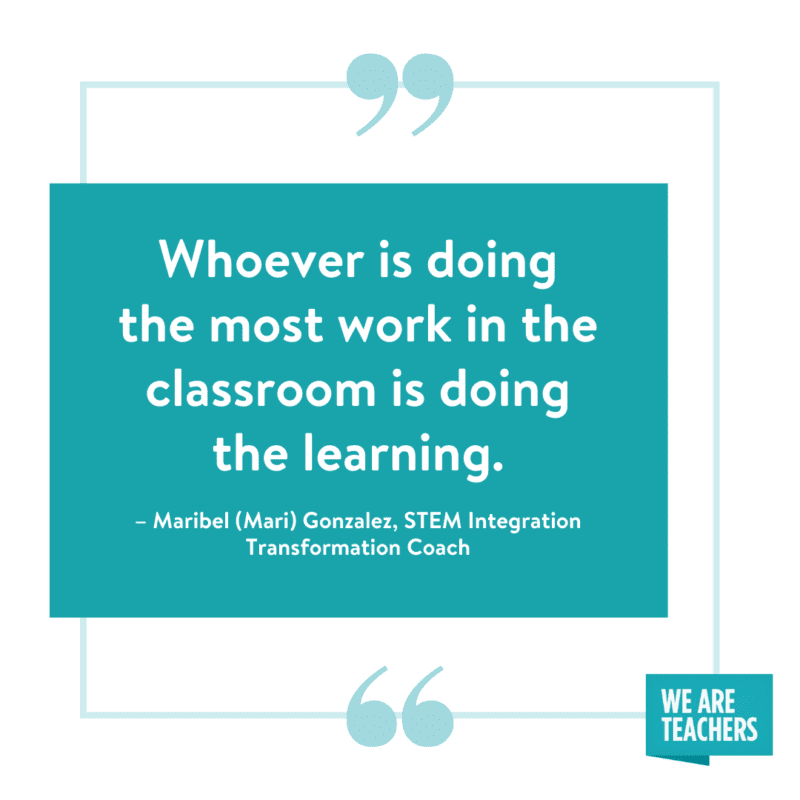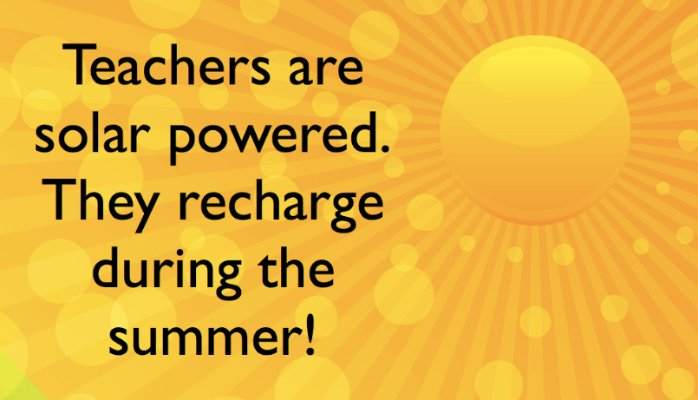But for others, summer is a time more akin to an athlete's off-season, a time of rest and rejuvenation, but also a time to think and plan ahead.
And if we want our regular school year to be sustainable, having the mental and physical space to make plans for our teaching can be vital.
One inspiring read, for those who want to let their minds wander, is Catlin Tucker's recent blog post "Could Doing Less in Education Give Everyone More?" The takeaway: think about what is on your plate that you can remove. As you think about what you typically do during the year, ask the question: "Do I have to?" and focus only on what is most essential.
A helpful resource for this is the Modern Classrooms Project. This model is all about MASTERY-based, self-paced, blended learning, but we love the approach of thinking of assignments as "Must Do, Should Do, and Aspire to Do." If we focus carefully on those things that we must do, then we can feel good about that baseline, and even better when we exceed it. MCP has a free online course that is FULL of resources, and several GPS teachers are taking advantage of summer scholarships to take the advanced mentorship.
This approach also helps teachers think about how to empower learners more and increase engagement. Teaching students to be more independent and given them the space to do the work allows them to lead their own learning. For more on this, Paul Emerich France has a 5 minute read that will spark your thinking.
Finally, if you are looking to dive into some other, more specific professional learning, whether small or big, check out the GPS Summer PD choice board, modified from one created by Ditch that Textbook.
Whatever learning or reflection you participate in, celebrate the fact that you supported students through this challenging school year. Enjoy your summer!



